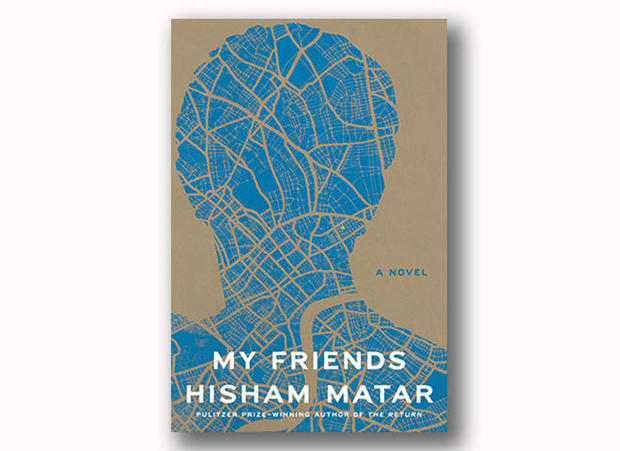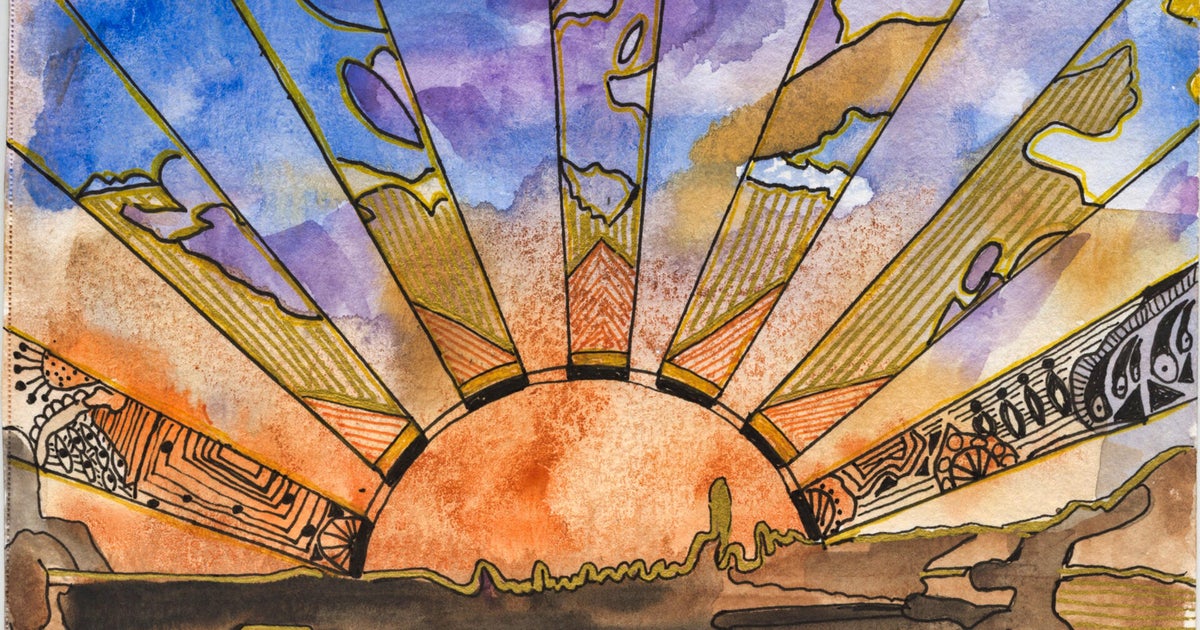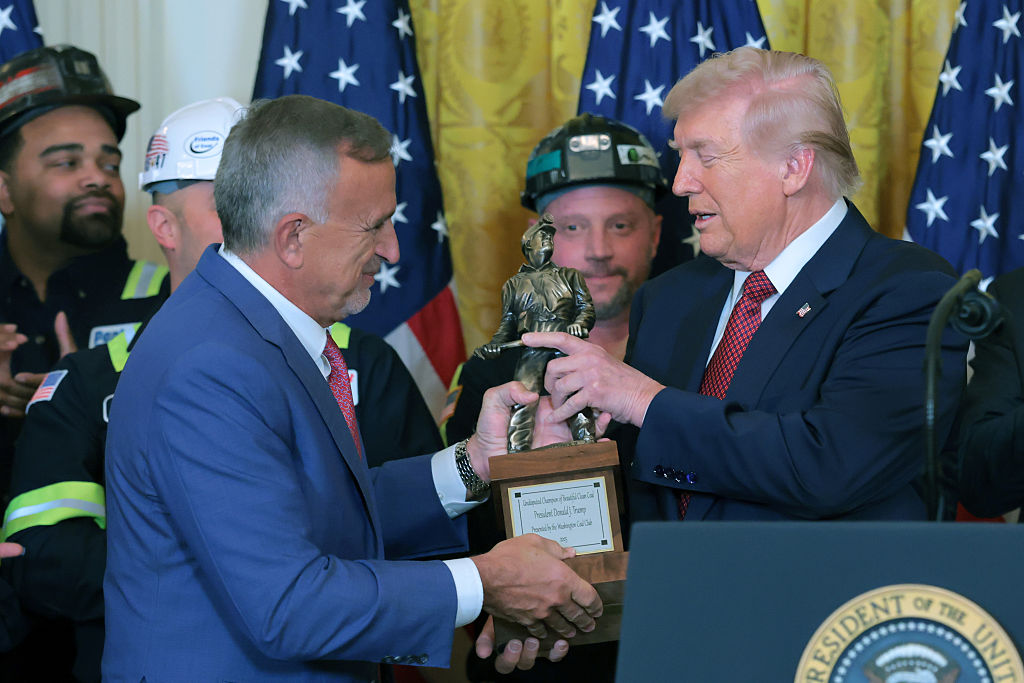Book excerpt: "My Friends" by Hisham Matar
We may receive an affiliate commission from anything you buy from this article.
"My Friends" (Random House), the latest novel from Hisham Matar (the Pulitzer Prize-winning author of "The Return"), imagines the life of a student wounded during a protest against Libyan leader Muammar Qaddafi 40 years ago: a young man who finds himself permanently separated from his family and exiled from his country.
Read an excerpt below.
Prefer to listen? Audible has a 30-day free trial available right now.
It is, of course, impossible to be certain of what is contained in anyone's chest, least of all one's own or those we know well, perhaps especially those we know best, but, as I stand here on the upper level of King's Cross Station, from where I can monitor my old friend Hosam Zowa walking across the concourse, I feel I am seeing right into him, perceiving him more accurately than ever before, as though all along, during the two decades that we have known one another, our friendship has been a study and now, ironically, just after we have bid one another farewell, his portrait is finally coming into view. And perhaps this is the natural way of things, that when a friendship comes to an inexplicable end or wanes or simply dissolves into nothing, the change we experience at that moment seems inevitable, a destiny that was all along approaching, like someone walking toward us from a great distance, recognizable only when it is too late to turn away. No one has ever been a nearer neighbor to my heart. I am convinced, as I watch him go to his train for Paris, that city where the two of us first met so long ago and in the most unlikely way, that he is carrying, right where the rib cages meet, an invisible burden, one, I believe, I can discern from this distance.
When he still lived here in London, hardly a week would pass without us taking a walk, either through the park or along the river. We sometimes got into a debate, usually concerning an obscure literary question, arguments that, perhaps like all arguments, concealed deeper disagreements. I would sometimes, to my regret, for the gesture has always displeased me, tap my forefinger on his chest and let my palm rest there for a fleeting moment, as though to keep whatever it was that I believed I had placed there stable, and I would once again take note of the distinct pattern of his ribs, the strange way his bones protruded, as if in constant expectation of an attack.
He does not know that I am still here. He thinks I have left, rushed off to the dinner engagement I told him I was already late for. I am not sure why I lied.
"Who are you eating with?" he asked.
"No one you know," I replied.
He looked at me then as if we had already parted ways and the present was the past, I standing at the shore and he on board the ship sailing into the future.
That burden in the chest, I can see, has rolled his shoulders back a little, causing his hips to fall forward so as to compensate and stop him falling, at the slightest push, face-first. And yet he does look, from this distance, like a man possessed by action, moving forward, determined to enter his new life.
Excerpted from "My Friends" by Hisham Matar Copyright © 2024 by Hisham Matar. Excerpted by permission of Random House. All rights reserved. No part of this excerpt may be reproduced or reprinted without permission in writing from the publisher.
Get the book here:
Buy locally from Bookshop.org
For more info:
- "My Friends" by Hisham Matar (Random House), in Hardcover, eBook and Audio formats
- Hisham Matar on Twitter/X




